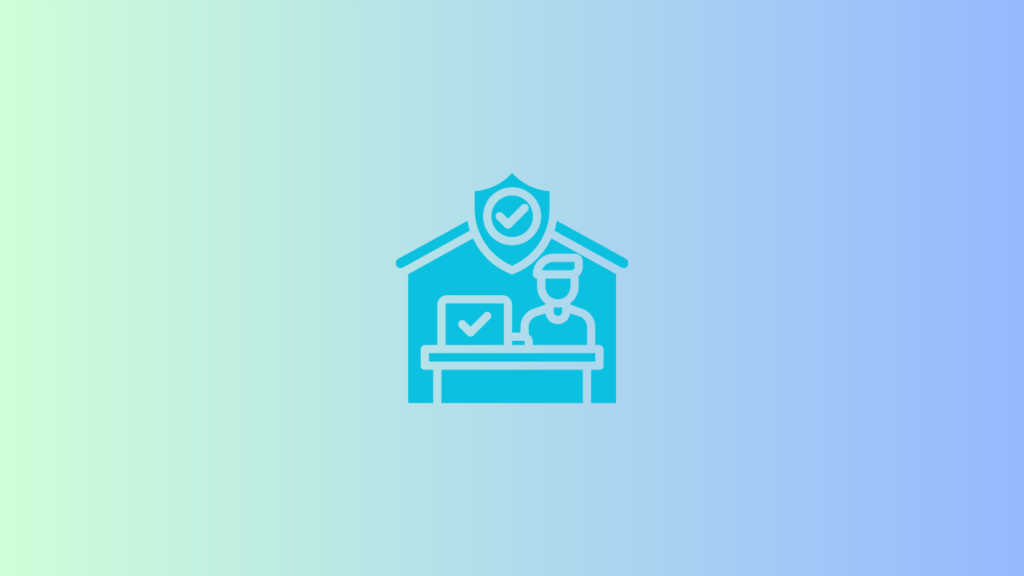Whether answering emails on public Wi-Fi or absent-mindedly scrolling through social media at the airport, your personal information is constantly being transmitted online.
That’s why a VPN is a great tool to protect your privacy. A VPN makes a secret pathway from your gadget to the Internet. It mixes up your information so that no one can read it but you.

Hide Your IP Address
When connected to a VPN network, your connection is encrypted and sent through another computer (called a server).
So when websites see your data, they know the IP address of the VPN server, not your own. It helps keep your online activities hidden from hackers, snoopers on untrustworthy Wi-Fi networks and your ISP, and governments and marketers who might be spying on your local network.
With a VPN, your internet browsing activity is obscured as it travels through the tunnel. You can appear in a completely different location if you choose to use servers in other countries. It can be useful for bypassing geographic content restrictions and gaining anonymity while torrenting. VPNs are often used in the workplace, where employees connect to work-based network resources remotely from home or while traveling. It allows companies to connect remote workers as if they were all in the same office and protect sensitive information from hackers or other potential threats.
But they can also help individuals stay safe when using public Wi-Fi, transmitting sensitive financial or personal information and even enjoying entertainment options on streaming services.
They do this by separating your device’s network information from your data. Fortinet VPN technology gives secure communications over the web in any case of the arrange or endpoint utilized. Wherever representatives are based, Fortinet keeps the whole organization safe.
Encryption
Encryption converts data into ciphertext (mathematical code) that can only be decoded with a key. But how does a VPN work? VPNs use a variety of encryption algorithms to encode your data, which makes it indecipherable to third parties even if they intercept it. When you use a VPN server, your device, and the VPN agree on a secret code to keep your information safe. The longer the key, the more complex the ciphertext and the harder it is to crack.
Once the VPN server encrypts your data, it sends it through a secure tunnel to your destination on the Internet. It is how a VPN protects you from snoopers, such as hackers and your internet service provider. The VPN also encrypts any data it sends to you from the Internet. It helps to prevent malicious websites from injecting you with malware, as they won’t be able to read your sensitive information.
Some VPNs use symmetric encryption, meaning the same key is used to encrypt and decrypt data. It is a convenient method requiring less processing power but less strong than asymmetric encryption methods.
Asymmetric cryptography means using two keys: one key is public and used to lock up information, and a different key is private and used to unlock the data.
Access Geo-Restricted Content
Many websites and streaming services limit their content to viewers from a specific region. Traveling abroad can be a pain, as it can prevent you from watching popular shows like Schitt’s Creek or the latest episode of Star Trek Discovery.
But VPNs let you overcome these limitations by making it appear you’re connecting from a different location. To do this, VPNs use encryption to scramble your data into an unreadable jumble of text. Only you and your VPN provider have the key to unscramble it back into something readable.
This way, anyone spying on you online can only see random numbers and letters. Then, the VPN connects you to a server in a different country. It makes it look like you’re connected to the same network as the server, so the website or streaming service can’t tell you’re not in the same country. If you’re searching for a solution that works even better than VPN, try TOR (The Onion Router). This network encrypts your data with multiple layers of encryption, making it extremely difficult to decipher.
However, it has negative aspects, such as weakening your internet speed and being expensive. In addition, TOR is vulnerable to hacker attacks, and the FBI has taken action against it in the past.
Protect Your Privacy
A VPN’s first job is to keep your IP address hidden from Internet service providers, hackers, and third parties. It does this by rerouting your connection through a VPN server, creating an encryption tunnel around the data you send over the Internet. It prevents companies that track online behavior from seeing your personal information, such as your search history or cookies. The tunnel also obscures your location, making you appear to be surfing from another country. It is helpful for users in countries with geo-blocks on Netflix or other content.
In addition, it keeps your ISP from knowing when you download and stream, which is an important part of net neutrality.
While a VPN protects your privacy, it’s not foolproof. Many apps and websites use your device’s unique features to figure out who you are, even when using a VPN. In addition, if you’re using free public Wi-Fi, hackers can set up fake hotspots that look real. Once you connect to a hacker’s phony network, they can view your data. Almost all VPNs we looked at promise not to share your data with third parties, but some have been called out for this practice.
We recommend doing homework to find a VPN that discloses which third parties it works with.
